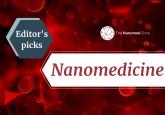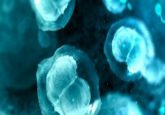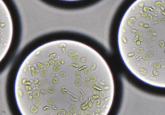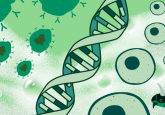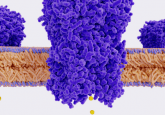Kartogenin enhances the therapeutic effect of bone marrow mesenchymal stem cells derived exosomes in cartilage repair
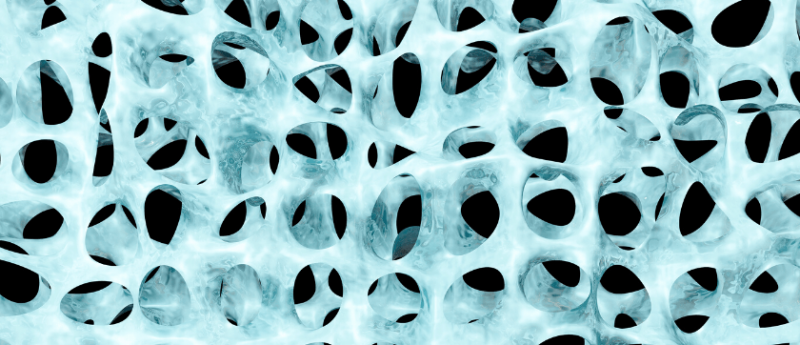
The use of bone marrow mesenchymal stem cells (BMSCs) in the treatment of cartilage defects has been increasing in recent years. The use of BMSC-derived exosomes has also become increasingly popular in promoting cartilage regeneration in the lab. While these exosomes contain the active regenerative components of BMSCs and also possess the unique biological characteristics of nano-sized delivery vehicles, there are still many obstacles to be overcome before they can be applied in the clinic. A recent Research Article published by Nanomedicine presents a novel approach for synthesizing BMSC-derived exosomes for the treatment of osteoarthritis. The authors utilize kartogenin, a small molecular compound which has been previously demonstrated to enhance communication between BMSCs and chondrocytes, to create exosomes more effective than normal BMSC-derived exosomes. In addition, they explore the mechanisms by which these kartogenin-induced BMSC exosomes act to promote cartilage regeneration.
Abstract
Background: The effectiveness of mesenchymal stem cells (MSC) in the treatment of cartilage diseases has been demonstrated to be attributed to the paracrine mechanisms, especially the mediation of exosomes. But the exosomes derived from unsynchronized MSCs may be nonhomogeneous and the therapeutic effect varies between samples. Aim: To produce homogeneous and more effective exosomes for the regeneration of cartilage. Materials & methods: In this study we produced specific exosomes from bone marrow MSCs (BMSC) through kartogenin (KGN) preconditioning and investigated their performance in either in vitro or in vivo experiments. Results & conclusion: The exosomes derived from KGN-preconditioned BMSCs (KGN-BMSC-Exos) performed more effectively than the exosomes derived from BMSCs (BMSC-Exos). KGN preconditioning endowed BMSC-Exos with stronger chondral matrix formation and less degradation.
